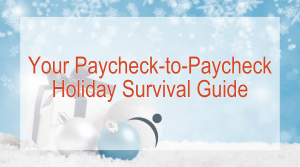What Should You Inspect When Buying a House?
Buying a home is one of the biggest investments you’ll ever make, and there’s a lot to consider before you even think about moving in. One of the most common questions from first-time buyers is, “What should I have inspected before purchasing my home?” The answer: quite a bit. A thorough inspection by licensed professionals is essential to ensure you’re making a sound investment. In this blog, we’ll walk you through the most important areas to inspect so you can move forward with confidence and have peace of mind in your new home.
Professional Home Inspection:
It’s best to hire a professional home inspector to verify the condition of the home you’re interested in buying. Inspection companies typically offer different service tiers, ranging from basic assessments to comprehensive evaluations. Before choosing a provider, decide what level of inspection suits your needs, then research companies to find one with a strong reputation. While some offer standard inspections, others provide in-depth services that cover potential issues like water damage, mold, roofing integrity, and window performance. We recommend going for at least a 4-point inspection, which focuses on the roof, electrical, plumbing, and HVAC.
Areas To Cover In A Home Inspection:
1. General Home Inspection
A general home inspection is just what it sounds like. This will include an inspection of your home’s interior and exterior elements. Areas that are usually inspected include:
- The roof of the home
- The building material for signs of rot or water damage
- Windows
- Chimney and fireplace
- Condition of pipes
- Structural cracks in the home’s foundation
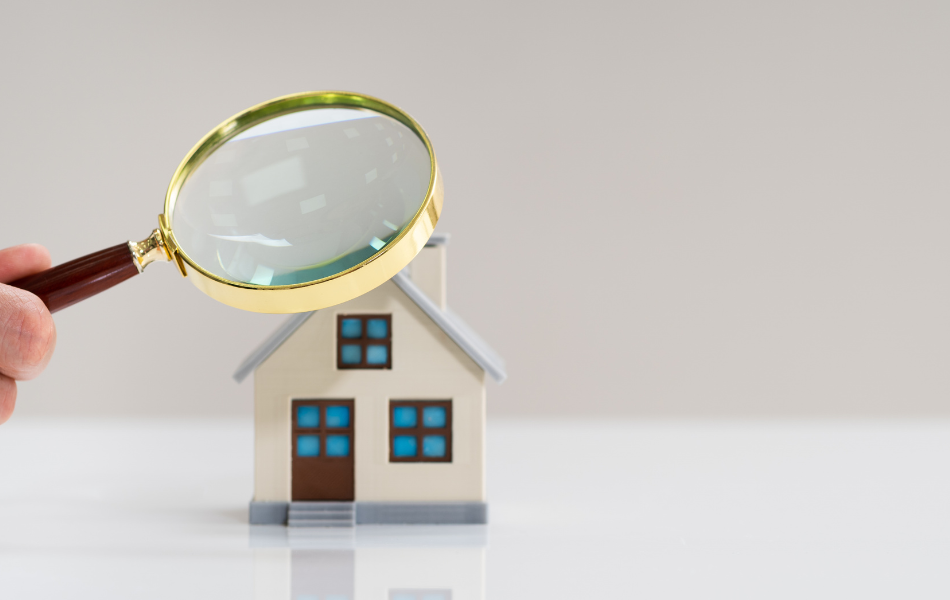
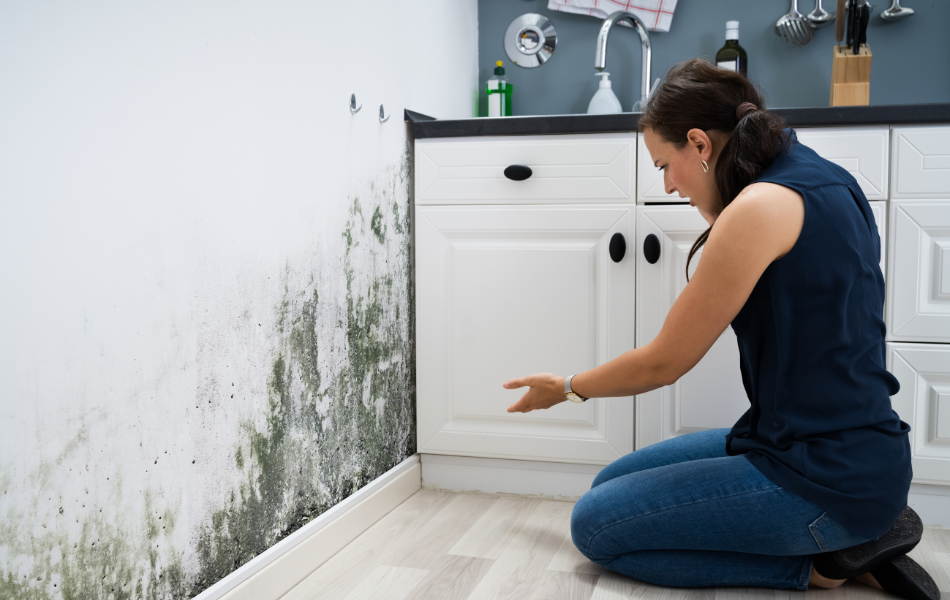
2. Mold
Mold can be very concerning to new homebuyers. Since there are a variety of molds you may not visibly see right away, it’s an issue you will want to have professionally inspected. Prime breeding grounds for mold are damp areas where moisture manages to penetrate. Not all molds are hard to deal with, so before you give up, make sure to consult your inspector and realtor, as it may be a simple fix! Thankfully, a thorough inspection for mold is included in most home inspections.
3. Pests
One of the worst situations you can get yourself into is purchasing a house infested with termites, spiders, cockroaches, or other pests. While older homes may get the occasional bug or rodent, some houses can be completely infested. According to Western Exterminator Company, a red flag to look out for is spotting live or dead insects inside the house. There are many other signs that aren’t as easy to spot if you’re not trained for it, so it’s best to hire a professional to complete the task.
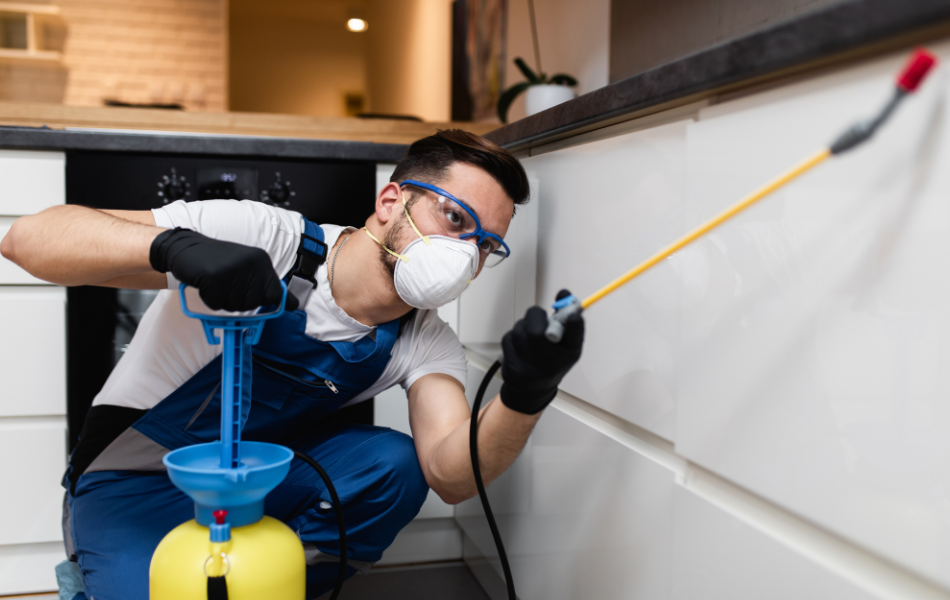
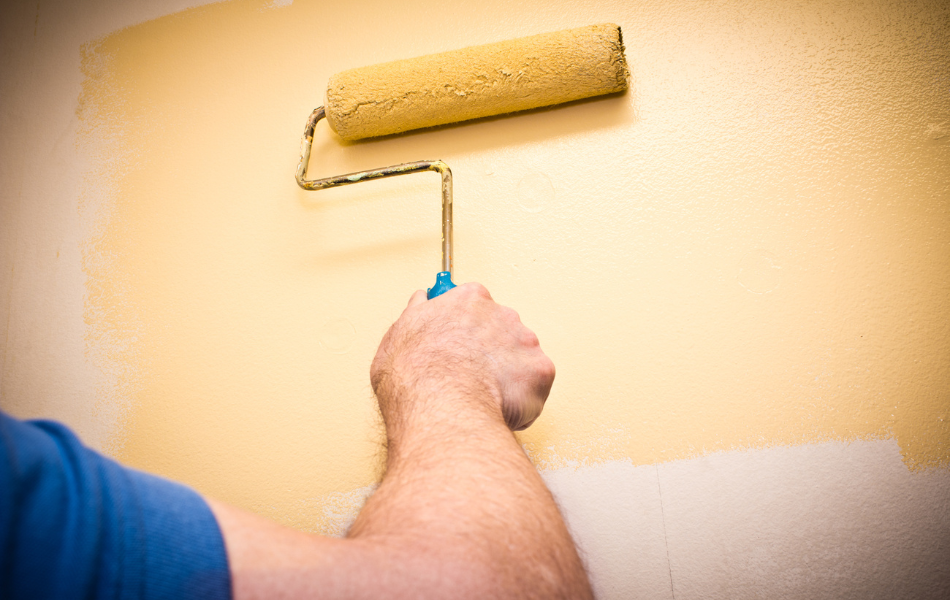
4. Paint
Often, paint can hide real issues underneath it. This includes loose wires, aging appliances, poorly insulated walls, and even the paint itself! The reason for checking paint is that some could contain lead, which is most commonly found in older homes. The paint itself isn’t a direct danger to adults unless you ingest it, but for children and infants, this could cause major issues. Legally, you still need to be informed by the current homeowners if lead-based paint was used.
5. Well Water and Septic System
If you’re buying a house with a well, you will want to do a close inspection of the condition of the well and the quality of the water you will be using. Be sure you test the pressure of the faucets and the shower head, and test flush the toilets. You may also discover the water condition is “hard water.” To remedy this, you will end up spending extra money on things like a water softener. If you need to have a new well drilled, this can end up costing you thousands.
Just like the well, you will want to test the septic system and check the condition it’s in. Repairing your septic system or having another one dug up and installed can be extremely costly. Be sure to check for leaky pipes and foul-smelling odors in the bathrooms. One thing to be aware of with older homes is the sewage system pipes. Over time, tree roots can damage the pipes. There are some companies that can send a camera through the pipes to help detect these kinds of issues.

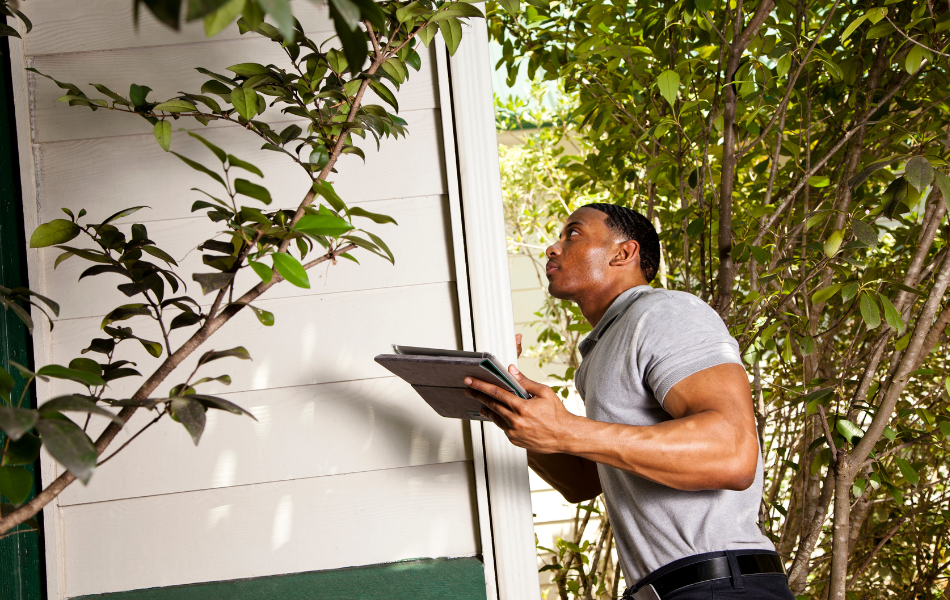
6. Leave No Stone Unturned
Make sure you test EVERYTHING. This means physically testing items such as light switches, electrical outlets, faucets, showers, toilets, windows, doors, drawers, air and heat, and any items that may come with your house purchase such as major appliances. You can’t be too safe when it comes to purchasing a home. Therefore, we recommend getting your hands dirty and making sure you know how everything works before making your final decision.
Final Thoughts
We can’t stress enough the importance of having your home professionally inspected. Thoroughly testing everything you possibly can and asking the homeowner any questions you may have is a great way to ensure you’re fully aware of every detail you need to help you make an educated decision.
Launch CU is proud to offer a home loan assistance program to help those in our local community become homeowners.
FAQs
How much does a home inspection cost?
Home inspection costs typically range from $300 to $600, depending on the size, location, and age of the home. Specialty inspections (mold, sewer scope, well testing, etc.) may cost extra.
When should the home inspection take place?
A home inspection usually happens after your offer is accepted but before closing, during the inspection contingency period. This allows you time to review findings and negotiate if needed.
What happens if the inspection reveals major problems?
If significant issues are found, you may be able to walk away from the deal (if your contract includes an inspection contingency); negotiate repairs with the seller; request a credit at closing; or renegotiate the purchase price
Should I get a new construction home inspected?
Yes. Even newly built homes can have issues. An independent inspection ensures construction was completed properly and up to code.
Should I get a second opinion if something looks concerning?
If your inspector flags a serious issue (foundation cracks, roof damage, HVAC failure), you may want to bring in a licensed specialist for further evaluation.


